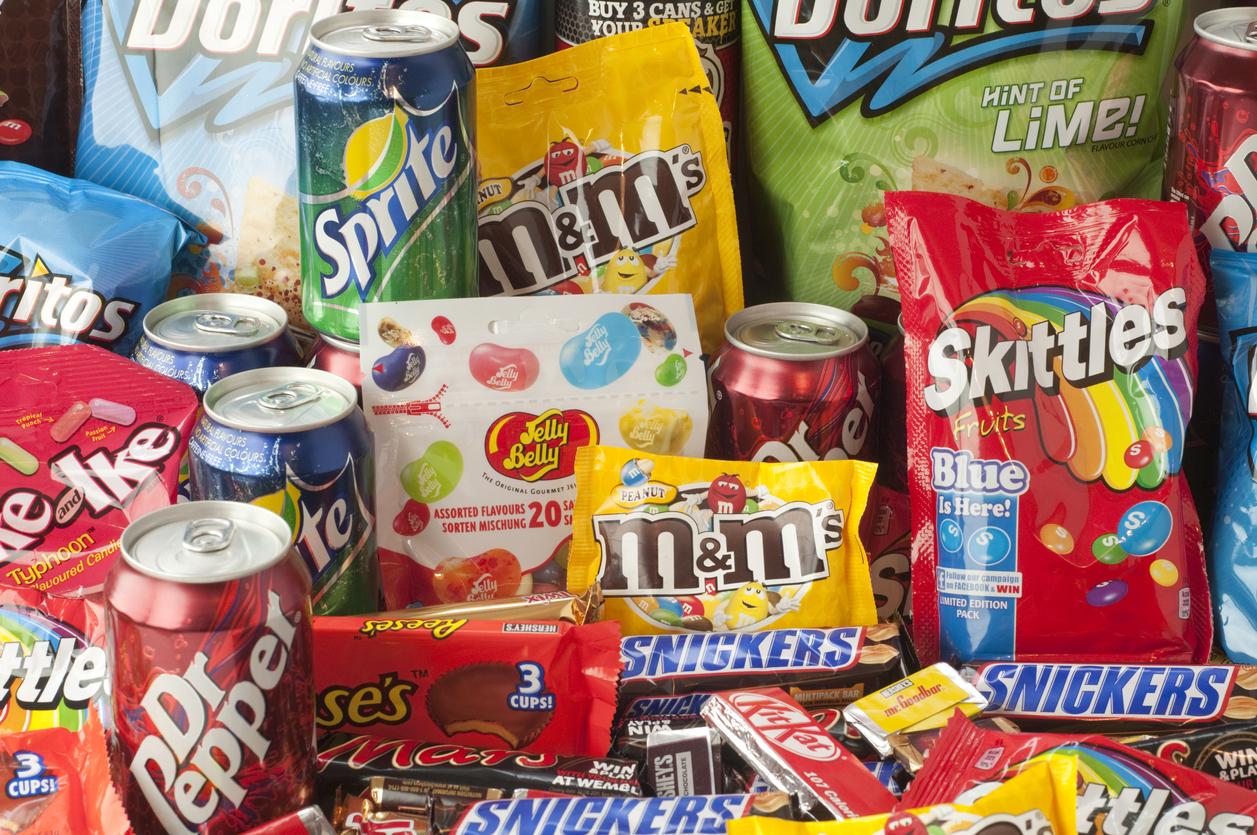Public health experts are demanding urgent action from the next Federal Government to crack down on junk food advertising targeting kids, after new research revealed 85 per cent of Australian caregivers are worried about its impact.
The Deakin University-led study, published in the Australian and New Zealand Journal of Public Health, surveyed nearly 4,000 adults and found overwhelming support for government intervention to curb unhealthy food marketing—especially when aimed at children.
Lead author Clara Gomez-Donoso, from Deakin’s Global Centre for Preventive Health and Nutrition, said the findings deliver a clear directive to policymakers: Australians want stronger protections for their kids.
“More than 60 per cent of Australian adults support a ban on the marketing of unhealthy food and beverages to children. Banning unhealthy food advertising on TV before 9pm and removing child-appealing marketing elements like cartoons from unhealthy food packaging are also popular policies, supported by more than half of respondents,” she said.
Senior author Professor Kathryn Backholer, also from Deakin and Vice President, Policy at the Public Health Association of Australia, said the research echoes the concerns of parents across the country.
“The results show that Australians are concerned about the current situation when it comes to junk food advertising in Australia—and rightly so. Our children can’t walk to school, go to the shops or sit down and watch TV without being bombarded with unhealthy food advertising and it’s affecting their health. Childhood obesity rates are increasing, while preventable disease in our community continues to grow”.
Adjunct Professor Terry Slevin, CEO of the Public Health Association of Australia, called on all federal candidates to take a clear stance ahead of the May 3 election.
“Obesity in Australia is a public health ticking timebomb and a huge challenge for our nation. It has recently overtaken tobacco as our biggest cause of preventable disease burden.
“It is early in the election campaign, but already health has been placed as a key election issue. Our question is—when are we going to stop focusing exclusively on health treatment, Medicare, hospitals and urgent care, and do more to keep all Australians, particularly our future generations, healthy and well? That’s why we are asking the next Federal Government to take meaningful action on obesity prevention—including stopping our children’s health being damaged by unhealthy food and drink companies”.
The study comes amid growing national and international momentum to curb junk food marketing, particularly in spaces frequented by children. From 1 July, South Australia will implement a landmark ban on junk food ads across Adelaide’s public transport network—a move widely applauded by public health advocates.
Chris Picton, Minister for Health and Wellbeing, said the move was sensible given the health concerns attached.
“Each year, big brands spend millions of dollars on catchy slogans and appealing ads that encourage our children to consume more highly processed, unhealthy foods,” Picton explained.
“Banning these ads in some of the key places they are seen regularly – especially by children – is a sensible step towards a healthier South Australia.”
“The rising rates of obesity are concerning, which is why we have developed an evidence-based policy to restrict the advertising of unhealthy food and drinks on State Government buses and trams,” Picton said.
“This policy recognises that the cumulative exposure of unhealthy food and drink advertising influences a child’s food preferences and intake and the associated pester power children use to persuade parents.”
Cancer Council SA data shows nearly 80 per cent of food and drink ads on buses promote unhealthy products. Without intervention, an estimated 1,900 children and 48,000 adults in South Australia could become overweight or obese within five years.
Meanwhile, in Victoria, Cancer Council Victoria is urging the government to introduce similar restrictions ahead of the Metro Tunnel’s opening. A recent survey found two-thirds of parents support removing junk food advertising from public transport, yet the government has so far refused to commit.
“The processed food industry has been left to make its own rules for too long, and its actions put corporate profits ahead of children’s health. The sooner government steps in to protect children from the sheer volume of powerful advertising, the sooner we can start to create a healthier environment for our kids to grow up in. We can’t afford to wait,” Jane Martin, executive manager of the Food for Health Alliance.
As the evidence piles up, public health experts say the message is clear: Australians want stronger protections for children—and it’s time for the Federal Government to step in.








